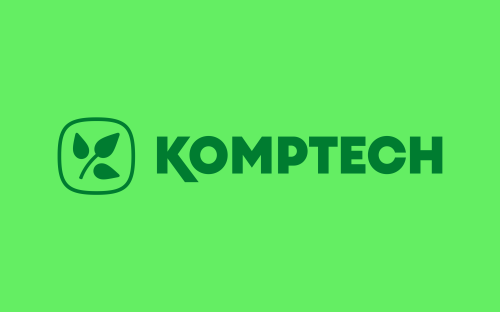Beginnings
At one point a customer asked for help with processing waste wood. This presented Sebastian and his team with a challenge, since their existing machine park wasn’t up to high-end waste wood processing. “Komptech was a high-end machine maker and I didn’t see them as being relevant for us at first. But then we had them demo a Crambo, and we were so impressed by its performance that we decided to buy one, despite it being a very large investment for us at the time.”
To bridge the gap until the new machine was ready, Komptech provided Hein with a rental Crambo “so we could go ahead and start serving satisfied customers. We’ve been working with the machine from then on, and what can I say? We’re happy with it.”





